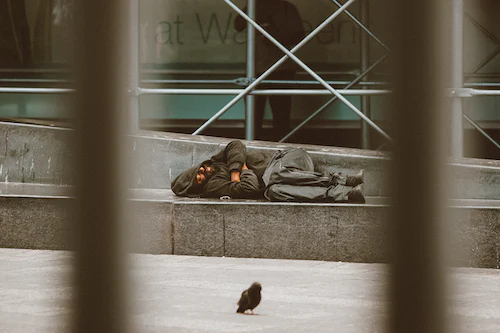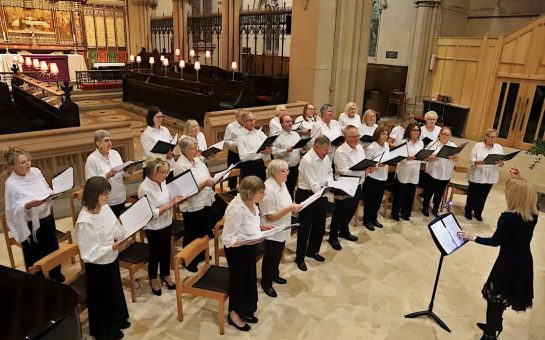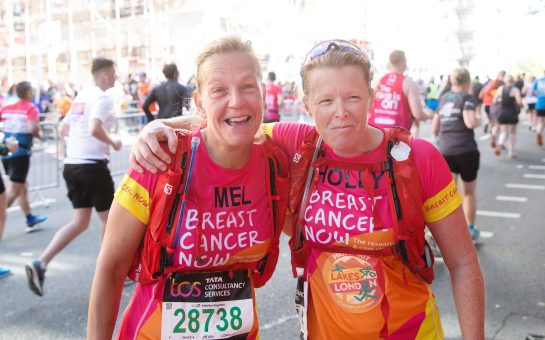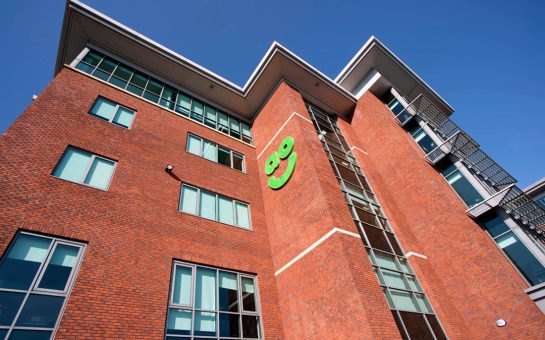Bolton Council have been criticised for insufficient data-keeping on deaths of homeless people and failing to respond to a national charity’s FOI request.
The Museum of Homelessness, which began work in October 2017, filed Freedom of Information (FOI) requests to local authorities across the country to gather data for their Dying Homeless project.
The museum said Bolton Council failed to respond to an FOI request for figures from 2022 and does not believe its current data-keeping on the issue is sufficient.
Bolton has the sixth highest rate of homeless people in the North West with an estimated 467 people who homeless on any given night in 2022, new research by charity Shelter has revealed.
Miranda Keast, coordinator of the Museum’s Dying Homeless project, said: “We don’t feel the council’s response is good enough. This year, they did not respond to the FOI.”
The museum’s co-founder, Jess Turtle, said: “Bolton council tell us they do not record information on how people are dying within the homeless community [to whom] they have a duty of care.
“We hope to see better care in future years and better records of what is happening with homeless deaths in Bolton.”
Bolton Council was approached for comment.
An estimated 19 deaths of homeless people in Bolton were recorded by the Office for National Statistics (ONS) between 2017 and 2021, with six of those occurring last year.
A spokesman for Bolton Council previously told Bolton News: “Our first priority is to prevent homelessness in the first place. As this is not always possible, we balance our budget accordingly between prevention and temporary accommodation.”
Chief among the Museum’s report are damning findings on the Supported Exempt Accommodation scheme which provides temporary accommodation to homeless and other vulnerable people.
Exempt Accommodation is not commissioned formally by local authorities and the scheme has no single regulator.
The Museum reports: “There have been growing concerns about the quality of support that is provided to people living in these types of accommodation.”

Another report (2021) from the homelessness charity Crisis states: “The poorest quality provision is associated with investors looking to maximise returns by using the higher rents permitted by the exempt Housing Benefit provisions.
“We are seeing unscrupulous agencies exploit gaps in the regulatory regime to claim higher benefit levels while providing minimal levels of support.
“[These] providers are putting people at risk as the financial imperative to fill vacant rooms outweighs consideration of residents’ needs and safety.”
Manchester City is one of just 12 local authorities who do record such data, reporting 109 deaths in Exempt Accommodation in 2022, with the Museum referring to these figures as “the tip of the iceberg”.
The Museum of Homelessness reported “a lack of oversight and scrutiny about what happens in exempt accommodation and the quality of both the housing and support.”

Earlier this month, Andy Burnham announced the Good Landlord Charter, to be introduced by August of 2024.
The charter aims to ensure “a healthy house for all by 2030” by “joining up different partners at local and national level and adopting a more consistent approach across the private and social rented sectors.”
The GMCA continued: “This includes stepping in where public money is effectively being used to subsidise housing that doesn’t meet the decent home standard.”
Mr Billa Ahmed, co-founder of Homeless Aid UK, praised the council for their on-going support, adding: “I see many people who were homeless that have been rehomed or now in a flat in supported accommodation. As long as there is someone checking up on them, they are okay.”
He described a situation that is difficult for the council to track. He said: “One death is a death too many. There has got to be accountability.”
In terms of death prevention, Mr Ahmed appealed for more work at a grass roots level across the UK, such as Bolton’s Homeless Nurses initiative, which takes place every Tuesday.
He said: “If the rest of the UK did this, we’d be in a much better situation.”
The Museum’s report calls for government action on a national level: “It is simply unacceptable that so many people are dying whilst experiencing homelessness when there are clear ways to prevent unnecessary deaths.”
“The work has been done, the evidence is available – but action is needed.”
The call to action follows the report’s findings that 1,313 homeless people died across the UK in 2022 – an increase of 85% since October 2017.
The deceased are memorialised on the Museum’s website.




